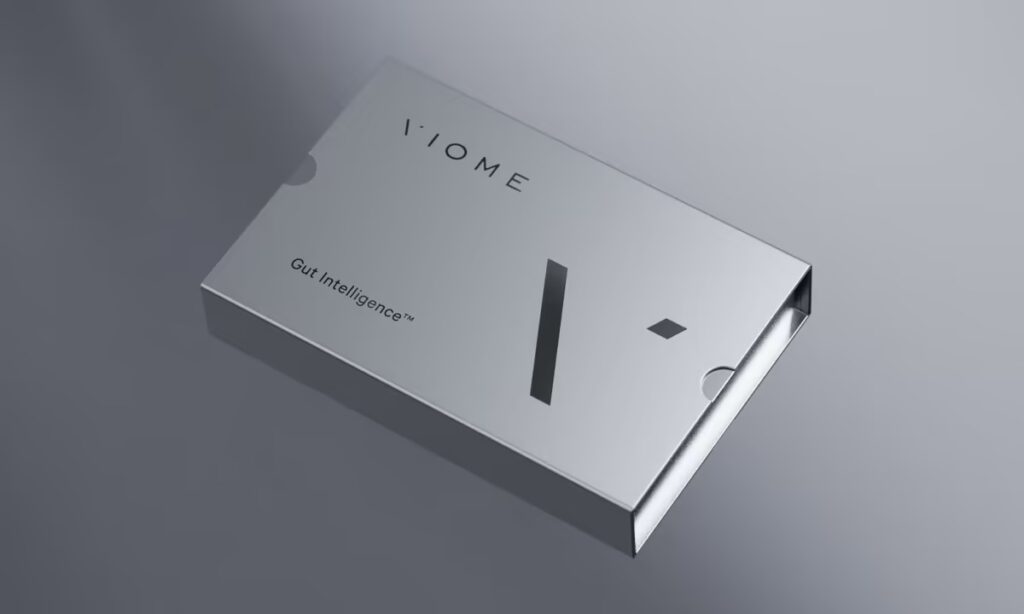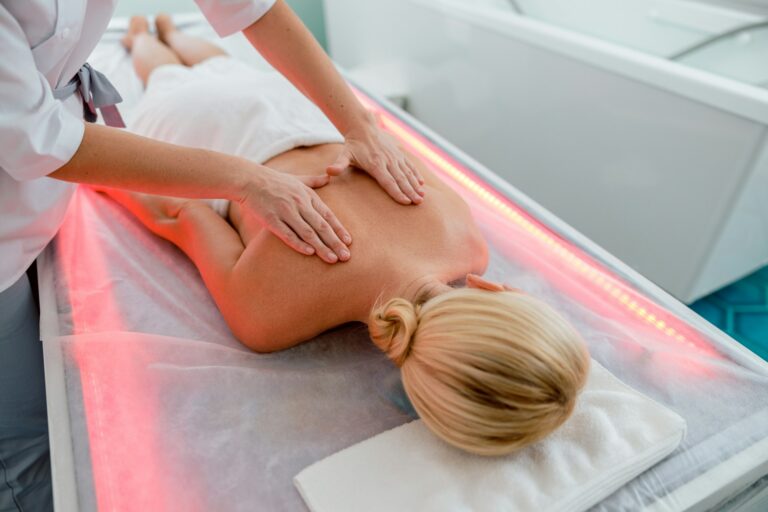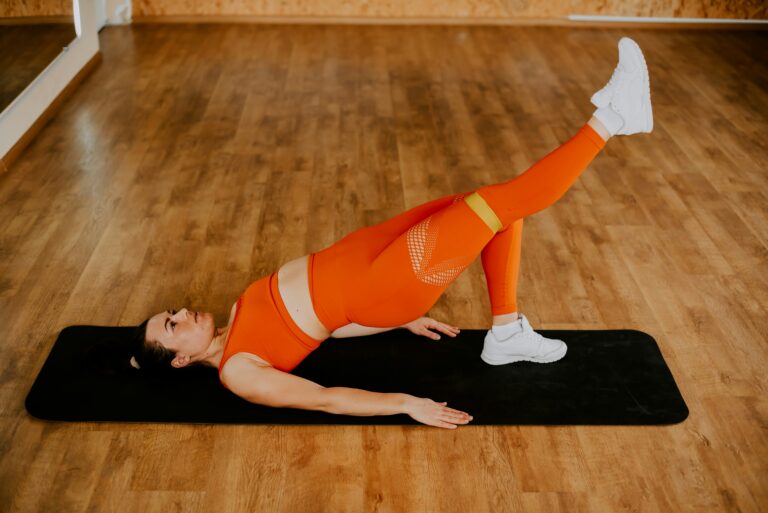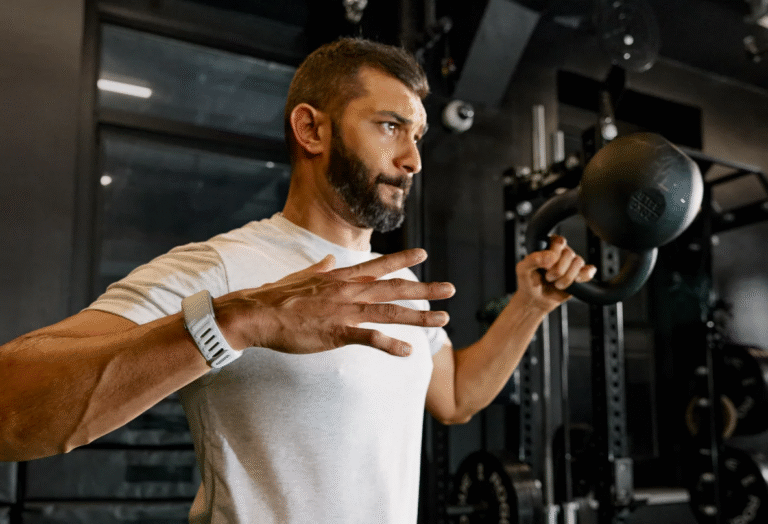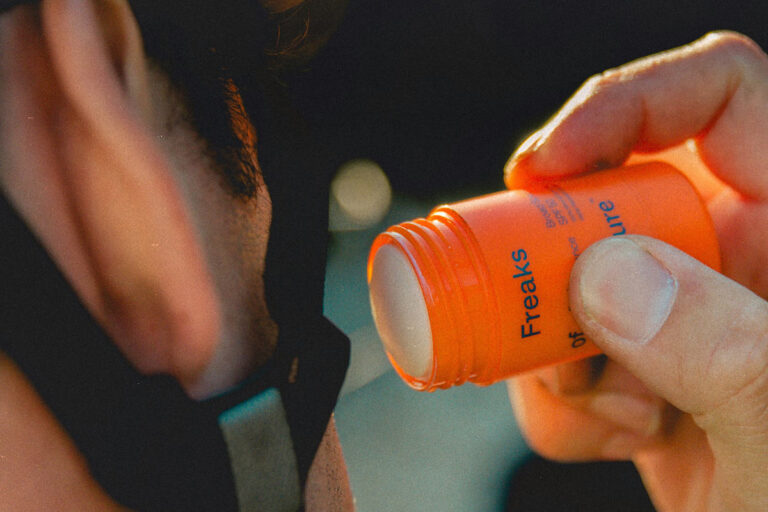The lab has shifted from the hospital to the home.
The latest: At-home microbiome test maker Viome raised $86.5M in a Series C led by Khosla Ventures and Bold Capital, bringing its total investments to $175M.
The announcement comes on the heels of the rollout of its Gut Intelligence Test in CVS stores nationwide, and its recent foray into oral health.
Why it matters: During the pandemic, health anxiety hit its peak, and convenient DIY diagnostics became the default, generating demand for preventative tests of all kinds.
Riding the tailwinds of consumer interest in gut health, Viome has extended its personalized solutions beyond microbiome analysis to address demand for enhanced longevity and anti-aging.
With fresh funds, the brand plans to expand its retail footprint while investing in R&D for its RNA and AI technology. Down the line, it sees its growing gene database and proprietary platform as capable of producing even broader medical innovations to prevent and reverse chronic disease.
Test from home. Projected to hit $5B by 2030, the DTC testing market has attracted attention from investors, but the competition is crowded.
- 2021: At-home test makers LetsGetChecked and Everly Health earned valuations in the billions after experiencing an unprecedented pandemic boom.
- 2022: Clinic-focused Quest Diagnostics expanded its strategy beyond traditional healthcare with the launch of DTC blood tests for performance and wellness.
- 2023: Targeting personalized nutrition and healthspan optimization, Elo Health and Lifeforce raised funding for kits combining blood tests and precision supplementation.
But… simply putting out a test and expecting immediate uptake isn’t a sure thing. Cue Health, a leading COVID test supplier, had mass layoffs and struggled with new product launches after its 2021 IPO.
And despite ample funding and increased attention on gut care, the science of the microbiome is still nascent, leading some to question lofty claims made by Viome and its competitors. With medical misinformation running rampant, the onus is on startups to prove consumer wellness test kits are reliable… and regulated.
Punchline: Americans have adapted to the convenience of at-home health tests — and companies have taken note. But while it’s clear the gut-brain axis impacts wellness, it’s still up for debate whether the DTC products marketed by Viome, and others like it, are overpromising on their potential.
